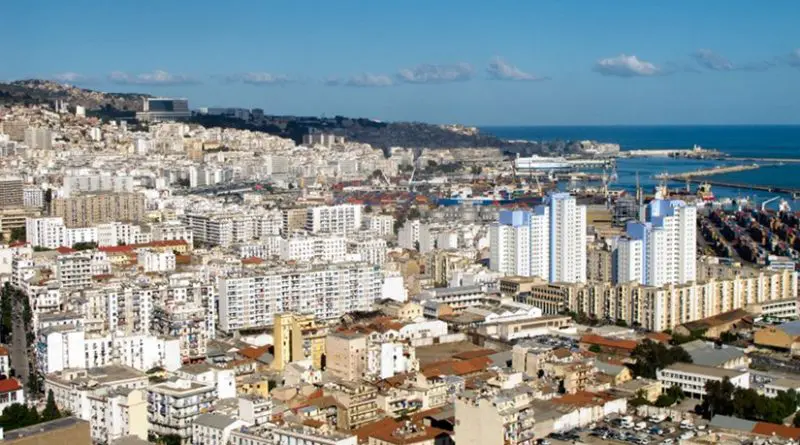Algeria: Islamists Seek Power
By Magharebia
By Nazim Fethi
Algeria’s approved Islamist parties have stepped up their media appearances ahead of the parliamentary elections set for next May.
They say they can ascend to power as has happened in other parts of the Arab world.
The first to stick his head above the parapet was Bouguerra Soltani, leader of the Movement for a Society for Peace (MSP).
“The current circumstances oblige the elements of the Islamist movement in Algeria to join forces,” he said. “We have not yet reached the alliance stage, but discussions are open between Algerian Islamists.”
“What’s happening in the Arab world shows that people want to be governed by Islamists,” he argued.
Abdellah Djaballah, the head of the Justice and Development Front, was the most forthright. “I feel that Algeria cannot isolate itself forever from the regional situation, which encourages respect for political freedom and adds extra force to the will of the people,” he said before laying his cards on the table: his party is ready to welcome in former members of the now-disbanded Islamic Salvation Front (FIS).
“I think the Islamist movement has every chance of getting into power, provided that free and transparent elections are held,” Djaballah said.
Among the ranks of the former terrorists is Madani Mezrag. The leader of the Islamic Salvation Army (AIS) made no secret of his ambition to convert to politics and emphasised how the FIS, whose armed wing he led, had “won the first and most recent free and transparent elections held in Algeria since independence”.
For his part, Abassi Madani, now in exile in Qatar, broke his silence on Tuesday (December 6th). The FIS founder threatened to turn to international bodies to challenge the provisions of the new law on political parties, which excludes any return to political life by former FIS officials.
“This law violated all international conventions on political and civil rights,” he argued.
Article 4 of the new law prevents “any person responsible for the exploitation of religion which led to the national tragedy from founding a political party or taking part in its creation”.
Labour Party Secretary-General Louisa Hanoune doubted that the recent Tunisian and Moroccan experiences can be replicated in Algeria. “Algerians are not prepared to forget that it is the Islamists who were behind the national tragedy,” she said.
For his part, Interior Minister Dahou Ould Kablia reminded that the Algerian constitution outlaws any party based on religious, ethnic, linguistic, racist or sexist criteria.
“Islamist parties whose values are based on anything other than the republic will not be approved,” he stated.
When asked whether the FIS could be rehabilitated, Ould Kabila said that “this is a point which has yet to be discussed”.
On the streets of Algeria, people are still divided whether they want Islamists in power.
“It is inconceivable that we could talk of political reforms whilst banning the FIS from returning to the political scene,” argued IT engineer Merouane. “The government is persuaded that if the FIS returns, they will take power. Look around you. Ask anyone you like; they’ll tell you they’d rather have the FIS than this rotten government.”
Mounir, who manages an internet café, does not share this view. “The FIS won in the local elections and its management of local councils was a catastrophe,” he said. “They know nothing about management. Furthermore, the other Islamist parties are just as underhanded as the government. There’s no difference except for the Islamist label.”
For her part, teacher Nacera made no secret of her fear of seeing Islamists take over. “Two-hundred thousand deaths because of them, and their leaders who have been granted an amnesty by Bouteflika, just like their political leaders, have never sought people’s forgiveness, nor admitted their responsibility,” she said.
“Our revolution was in 1988, and the Islamists took it hostage. We don’t want a repetition of that situation. We’ve had enough tears, death and fear,” Nacera said.

